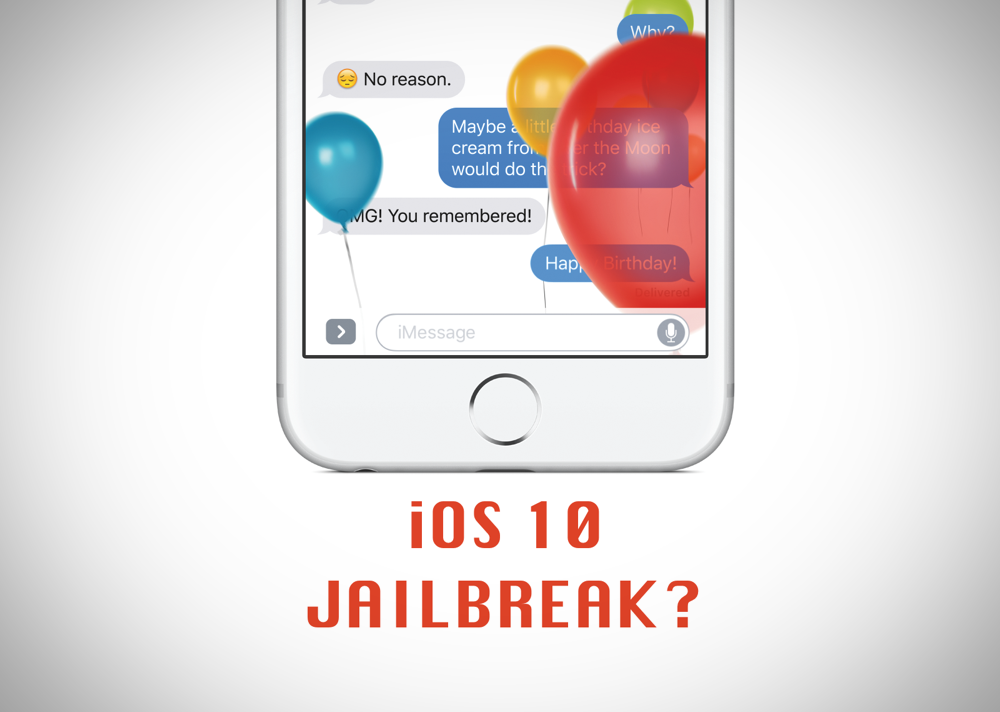iOS jailbreaking is simply the removal of certain restrictions that Apple applies to its devices’ operating system. The term implies using what are called “exploits” to gain root or super-user access so third party applications can be installed that aren’t available on the App Store, for example. Jailbreaking is sometimes used to unlock a carrier-locked iPhone so it can be used with another carrier’s service.
There are essentially three types of jailbreaking: tethered, untethered and a relatively new method called semi-untethered jailbreaking.
The process essentially involves the ‘kernel’, or the core of any operating system. When jailbroken, the ‘kernel’ that Apple first installs on rebooting is exploited and then patched to remove the restrictions and provide the user with root access.
Why Jailbreak an iPhone?
Customization is one of the most popular reasons for jailbreaking iPhones. In China, for example, users regularly jailbreak their devices so they can install third-party Chinese character input applications not found on App Store.
Other users might want new themes or extensions; yet others may want to switch carriers or send the device to another country.
You will be able to use your iPhone normally after jailbreaking it, so it’s not like you’ll be banned from the App Store or anything like that. The phone will work normally with App Store, iTunes as well as your current wireless carrier.
Is iOS Jailbreaking Illegal?
No, iOS jailbreaking is not considered illegal unless it is used to infringe on a content creator’s copyright. Apple itself tried to include jailbreaking under copyright law, but was unsuccessful. In the United States, jailbreaking is legal “where circumvention is accomplished for the sole purpose of enabling interoperability of applications with computer programs on the telephone handset.”
It’s very similar in most other countries, but since it has not been “tested” in court, many are still unclear about the copyright violation aspects of iOS jailbreaking and other forms of “rooting”, as it is called in the Android world.
Where to Get Apps for Jailbroken iPhones?
Cydia is, by far, the oldest and most popular distribution platform for third-party content specifically meant for jailbroken iPhones, but there are several other alternatives, some that don’t even require you to jailbreak your iPhone.
However, Cydia is arguably one of the most robust platforms with numerous popular apps that you won’t see on the Apple App Store.
Can my iPhone Running on iOS 10.1 be jailbroken?
As of right now, there’s no stable jailbreak available for iOS 10.1, which was only made public this past Monday. But jailbreak experts are constantly working on the latest iOS version so there should be one available soon.
Apple, in fact, uses iOS updates as one way of blocking iOS jailbreaks. They’ve also launched a ‘bug bounty program’ for iOS hackers so that security holes that are used to exploit and patch kernels can be blocked.
It’s a cat and mouse game, essentially, with Apple on one side and famous jailbreakers on the other.
But you can jailbreak any device that runs up to iOS 10.0.2 right now – click here to go to the site that shows you how.
A Question of Ethics
iOS jailbreaking is more of an ethical issue than a legal one. If you’re happy with the apps that Apple provides through the App Store, and the default theme and extension options on the device itself, then you have no need of jailbreaking your iPhone.
On the other hand, if there’s something Apple doesn’t have an a third-party developer does – something that you really need, then it’s probably fine to jailbreak an iPhone.
What’s not okay – illegal, in fact – is to violate copyright restrictions that apply to specific content or specific apps. For example, if someone tells you they can get you a paid app for free outside of the App Store, you should probably look the other way.
Essentially, it’s content piracy if you’re not paying for what you’re supposed to. Neither the tools nor the distribution platforms for iOS jailbreaking may be illegal at this point, but what you do with a jailbroken phone could be borderline illegal or an outright violation of someone’s copyright. That’s what you need to watch out for.
Other than that, feel free to jailbreak your device and install any of the awesome apps that platforms like Cydia provide. But remember, no one else is responsible for your decision to jailbreak your iOS device but you. We’ve shown you the various aspects of jailbreaking, but it is your responsibility to make sure that you are not in violation of any prevalent copyright laws in your country.
Thanks for reading our work! Please bookmark 1redDrop.com to keep tabs on the hottest, most happening tech and business news from around the world. On Apple News, please favorite the 1redDrop channel to get us in your news feed.



